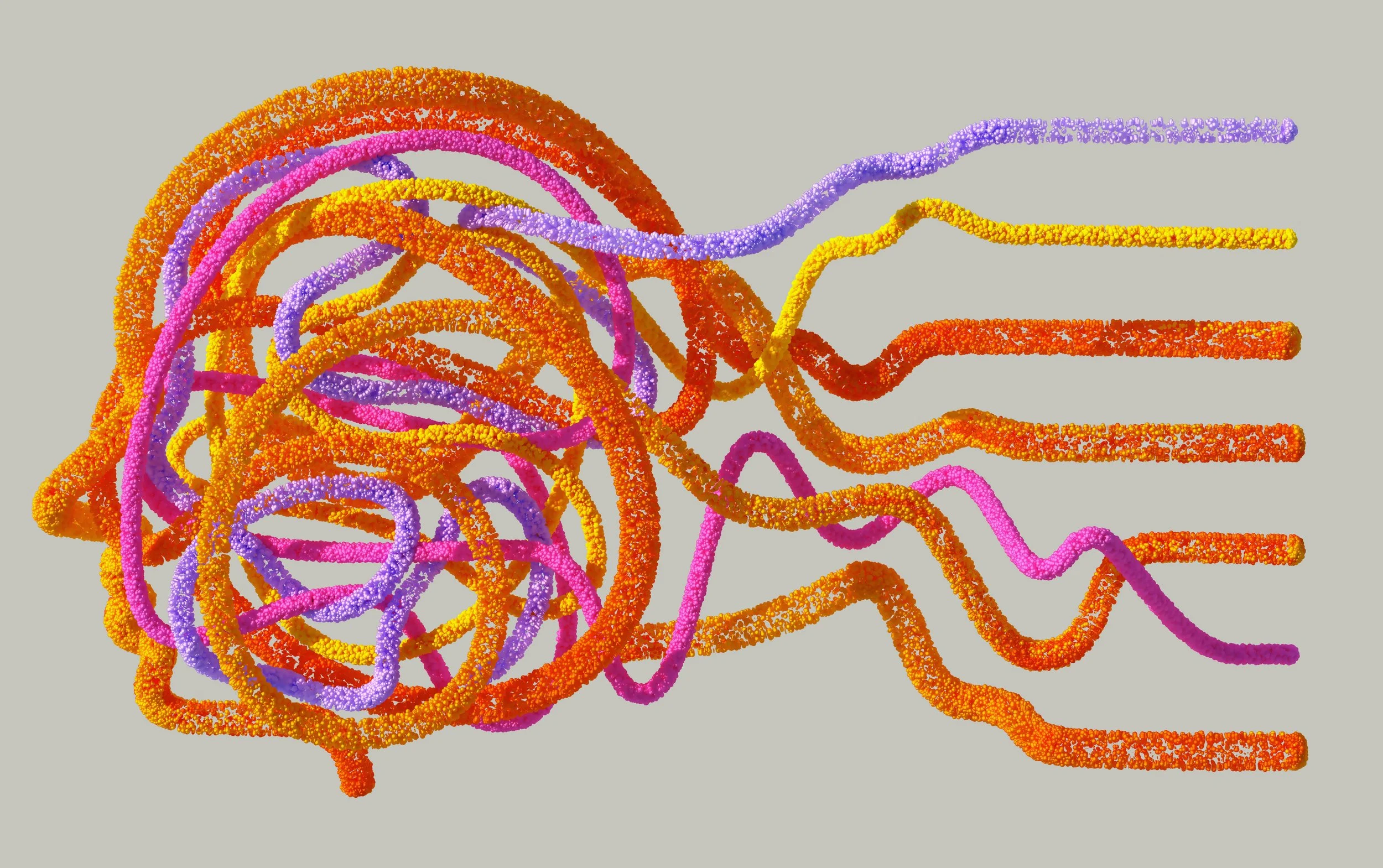Why You Just Can’t “Get Over It”: Trauma and the Brain
“Why am I still not over this?”
“Other people seem to move on, why can’t I?”
If you’ve ever asked yourself these questions, you’re not alone. And more importantly it’s not your fault.
When you go through trauma, it doesn’t just leave emotional scars. It actually changes how your brain works. And that’s why healing takes time, intention, and the right support.
Trauma Changes the Brain
Your brain is designed to protect you. When something traumatic happens whether a single shock or ongoing stress , your brain flips into survival mode.
Here’s what’s happening under the surface:
The amygdala (your brain’s alarm system) gets stuck on high alert. You may feel anxious, or easily triggered even when you're safe.
The hippocampus, which files away memories, can get overwhelmed. Trauma memories may feel foggy, fragmented, or way too vivid.
The prefrontal cortex (your logical brain) can go offline, making it hard to concentrate, make decisions, or “calm down” when triggered.
This isn’t weakness. It’s biology.
So No.. You Can’t “Just Get Over It”
Because trauma doesn’t live only in your thoughts, it lives in your nervous system. That’s why talk alone often isn’t enough. You may know you’re safe now, but your body and brain haven’t caught up yet.
But Healing Is Possible
Your brain has a superpower called neuroplasticity. It’s the ability to rewire itself. With the right tools, support, and therapeutic approaches (like hypnotherapy or trauma-focused therapy) you can:
Calm your overactive alarm system
Gently process stored trauma
Rebuild a sense of safety and self-trust
You’re not broken. Your brain adapted to survive.
And with help, it can also learn to thrive.
If this resonates with you, get in touch. Healing starts with understanding and you don’t have to do it alone.
